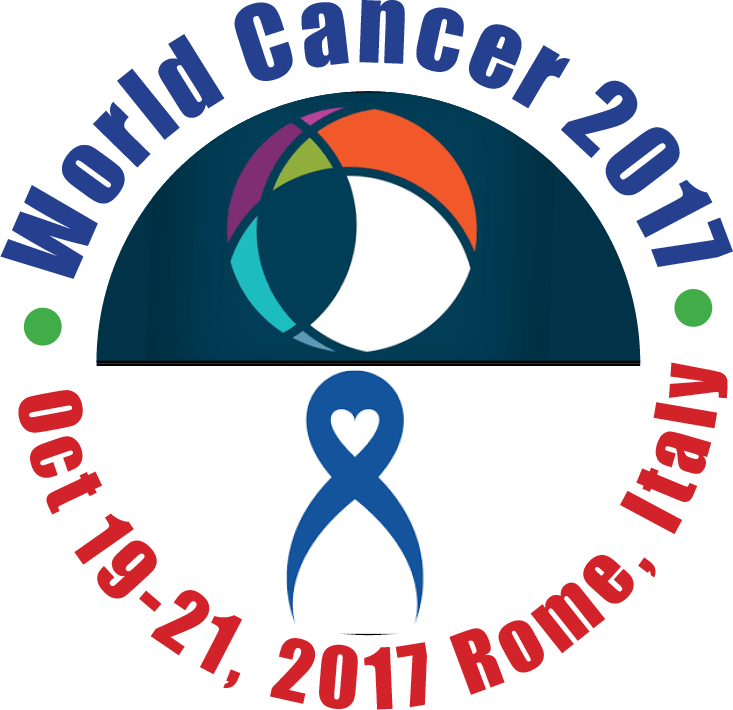
Veysel Akduman
Marmara University, Turkey
Title: The importance of exercise in patients with breast cancer
Biography
Biography: Veysel Akduman
Abstract
Breast cancer leads to physical and mental distress which is linked with increased prevalence of malignancy-related mortality among females worldwide. Survival rates for breast cancer have been improving for more than 20 years and this appears likely to continue. Therapeutic exercises as well as adjuvant treatments are important improving the quality of life and increasing survival rates in cancer patients. Exercise is recommended to minimize the side effects of chemotherapy and radiotherapy, to maximize cardio pulmonary status especially early diagnosis. Aerobic and resistance exercise are mostly performed exercises types in this population, either separately or in combination, have been shown to improve physical functioning and manage some side effects in breast cancer patients receiving chemotherapy. It has been showed that exercise program can help manage symptoms and improve physical functioning during radiation therapy. Some studies in the literature have shown that aerobic exercise in cancer patients reduces fatigue as well as increases quality of life. For many cancer patients, fatigue is a severe and limiting problem. The impairment of physical and mental performance prevents from working or carrying out regular daily activities and hence results in a substantial reduction of the quality of life. In response to fatigue, patients are usually advised to rest and down-regulate their level of daily activities. However, since inactivity induces muscular catabolism and cardiopulmonary endurance, extended rest can help perpetuate fatigue. Moreover, exercise has been proposed as a nonpharmacologic intervention for the treatment of cancer-related fatigue. An isometric exercise is one of the resistance training. One study found that three-week isometric-strength exercise program improved physical performance and reduced fatigue. In another study pointed that the effects of all forms of performed aerobic or resistance exercise, or both, with programme duration of at least six weeks should be considered. Although the exercise training is one of the necessary approach in the non-pharmacological treatment of breast cancer to reduce fatigue, there are still not enough studies in the literature. It is necessary to perform more randomized controlled studies investigating the proper exercises type and procedure to improve quality of life in breast cancer survivors.

